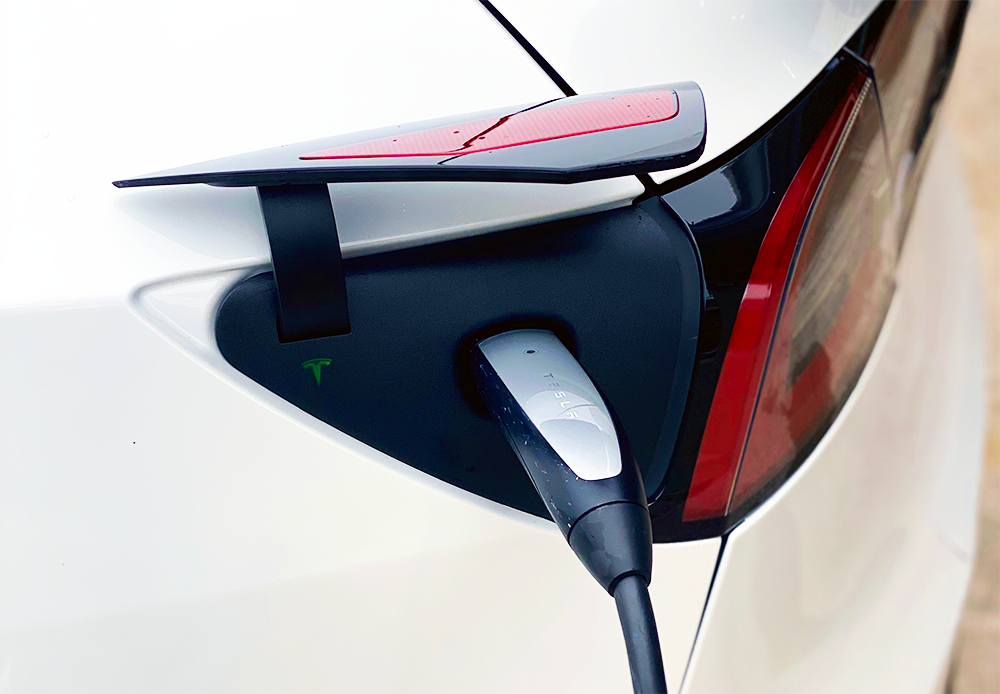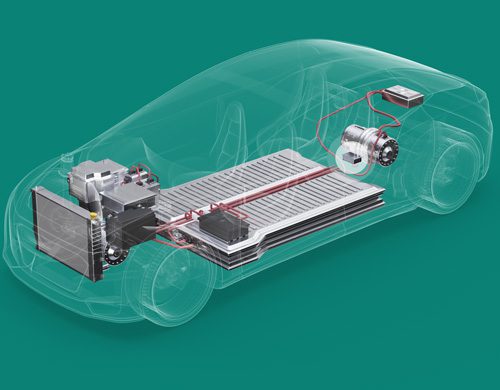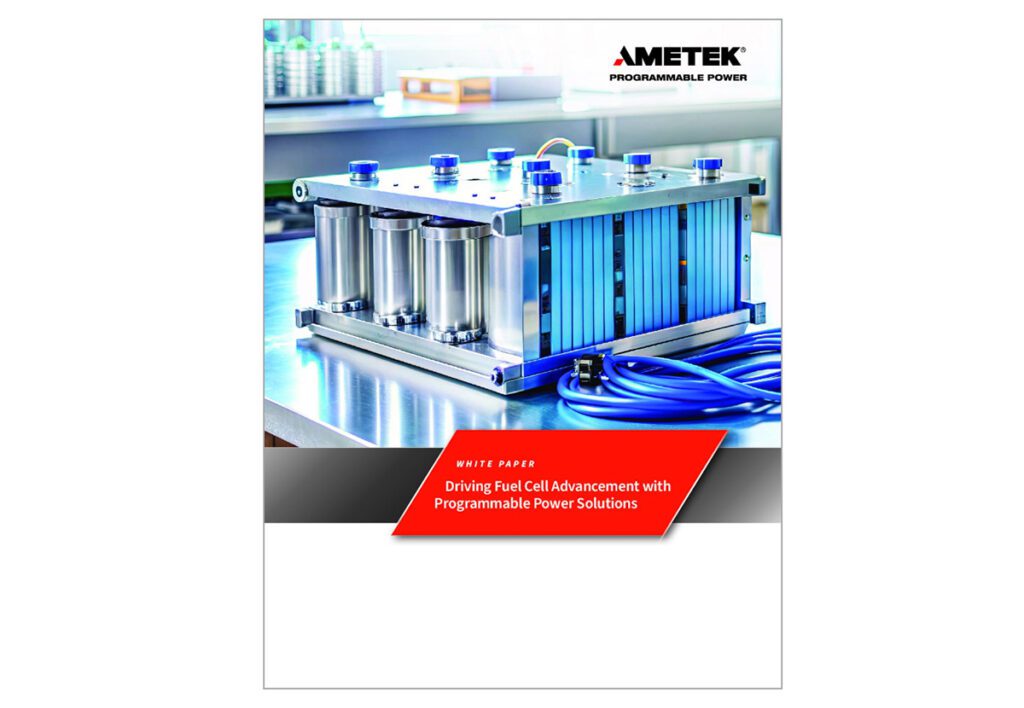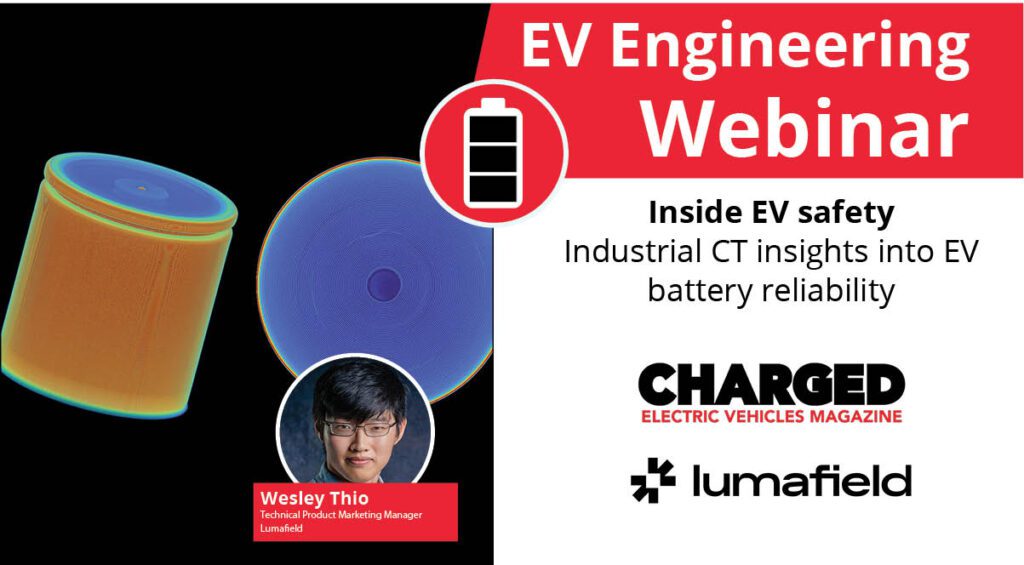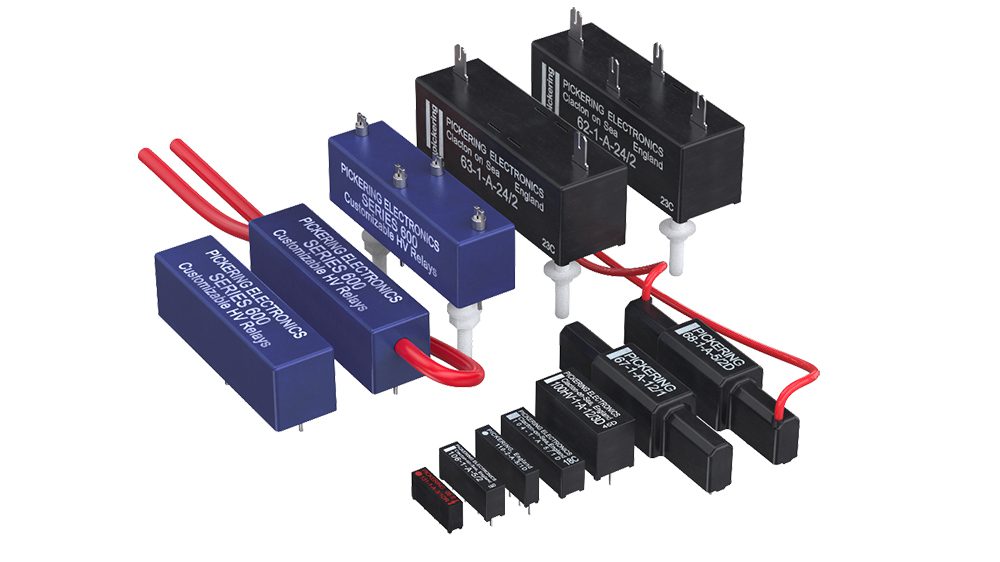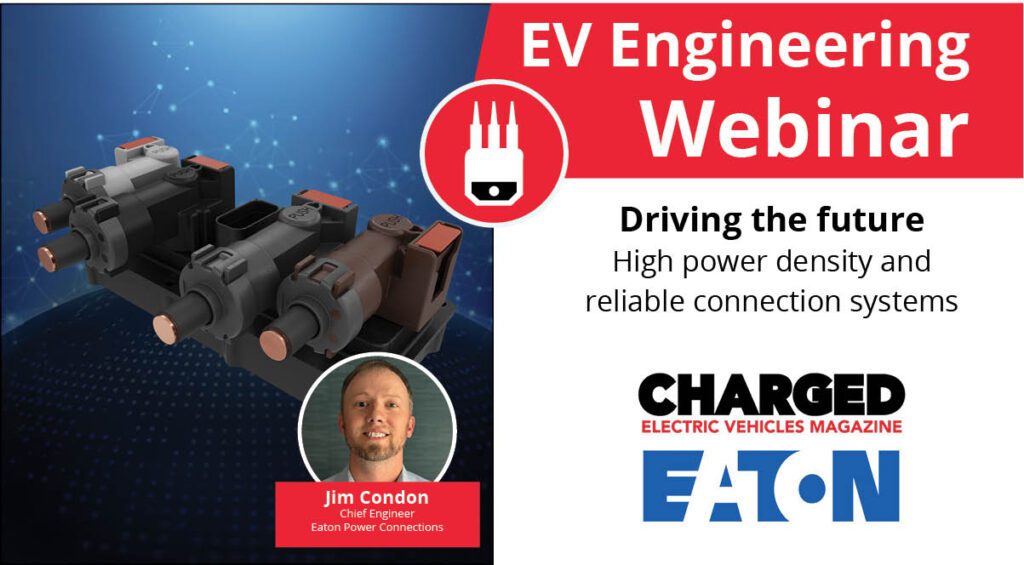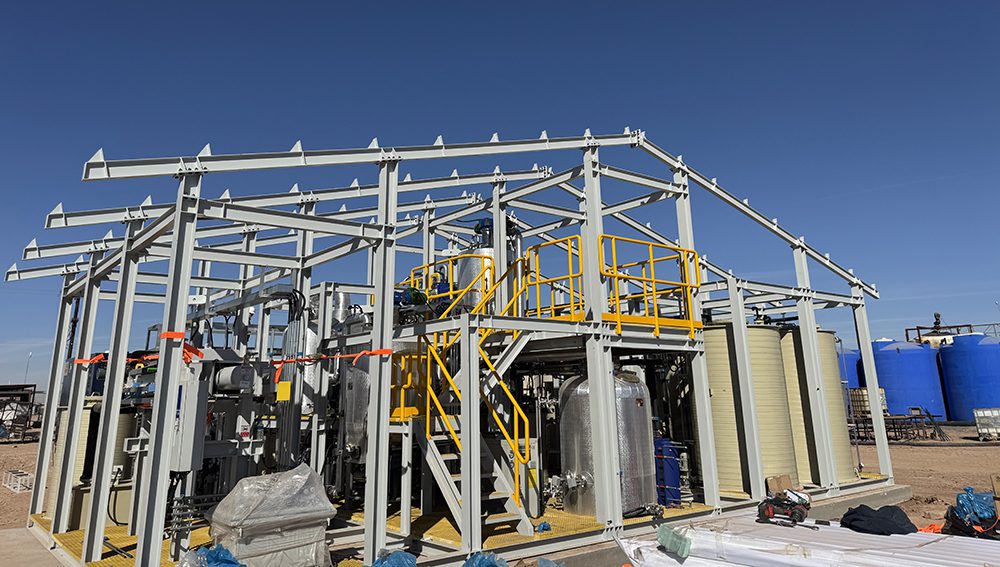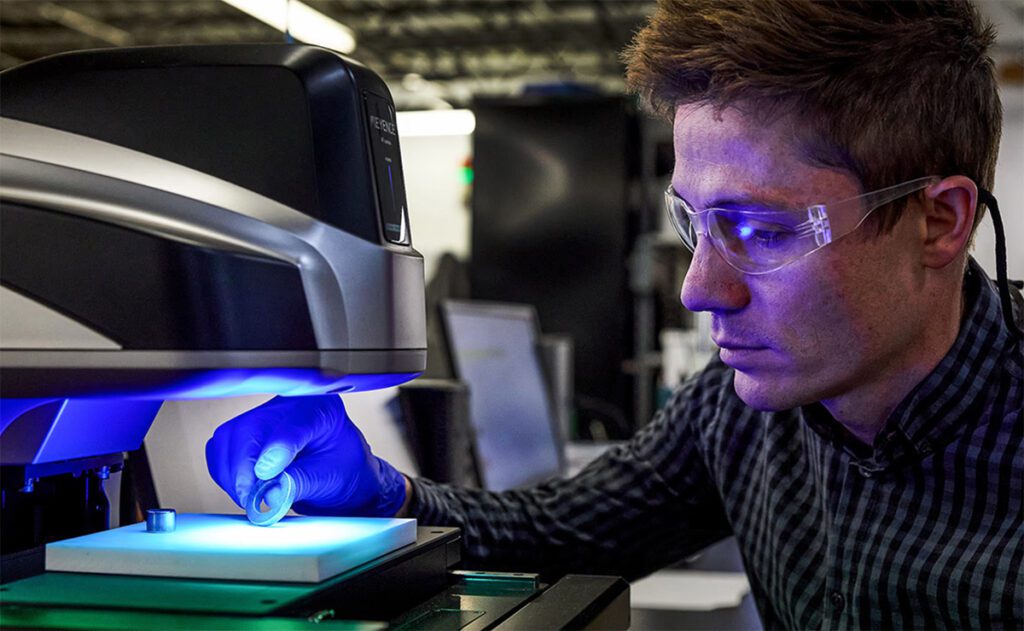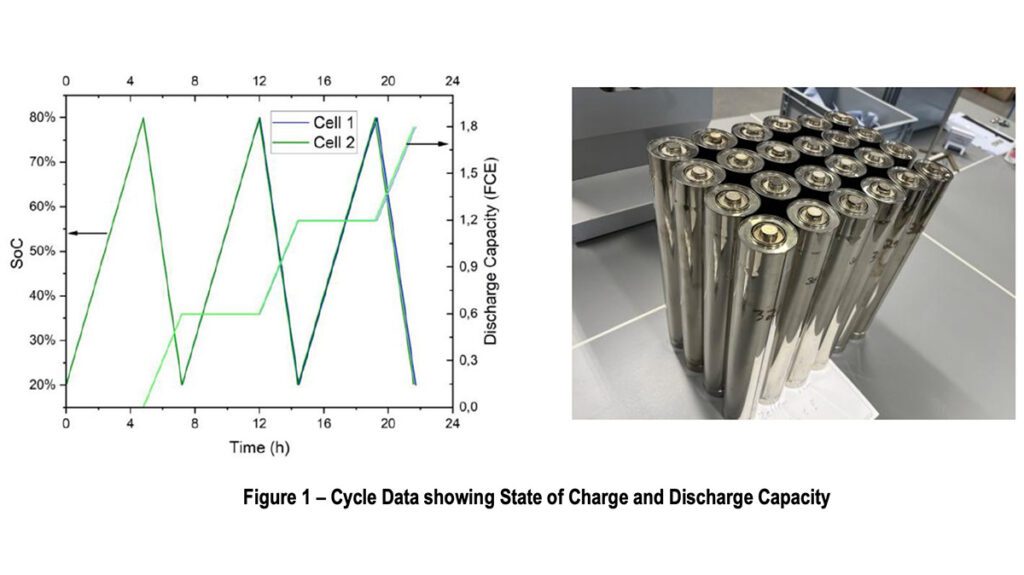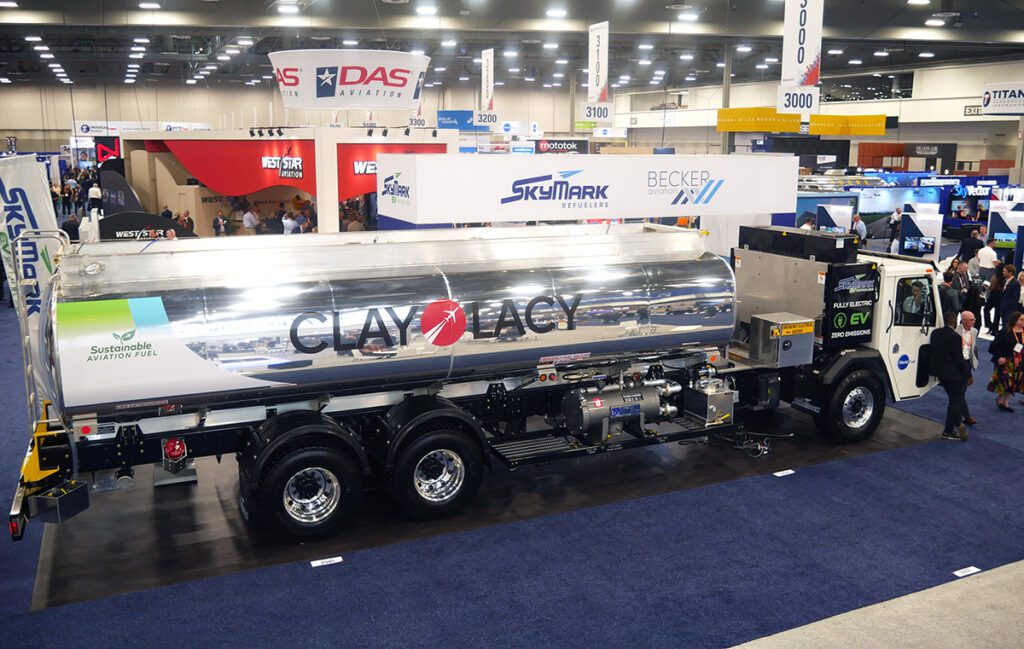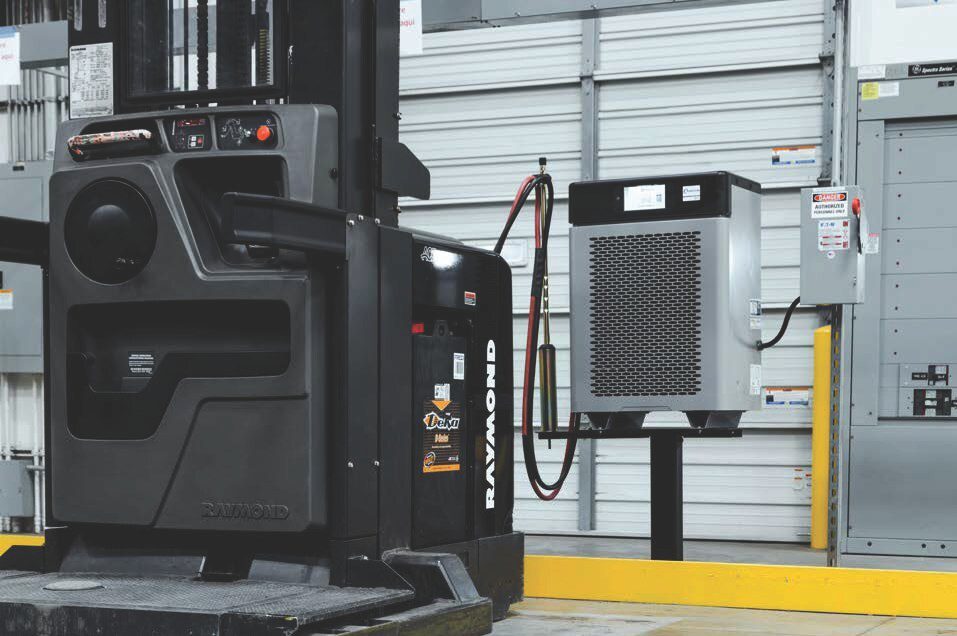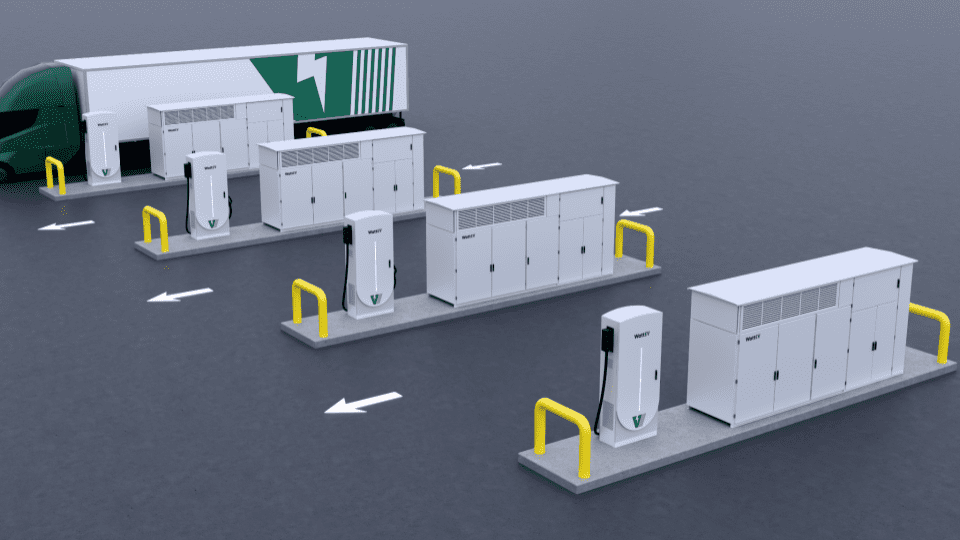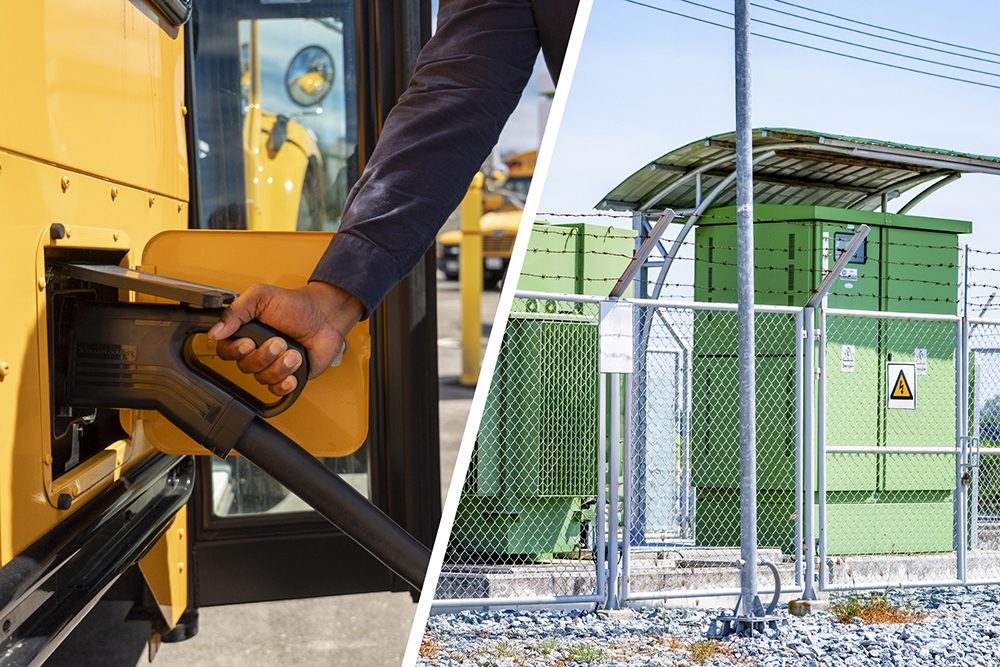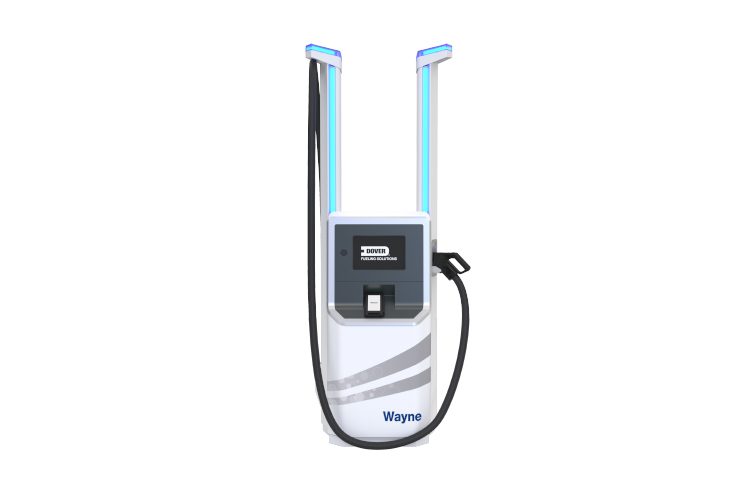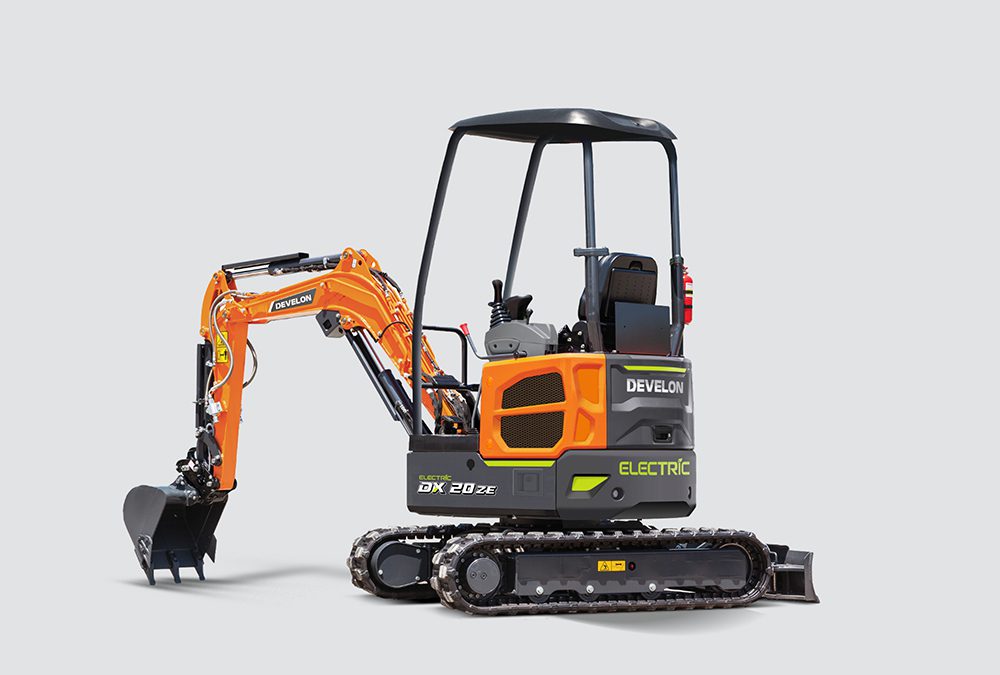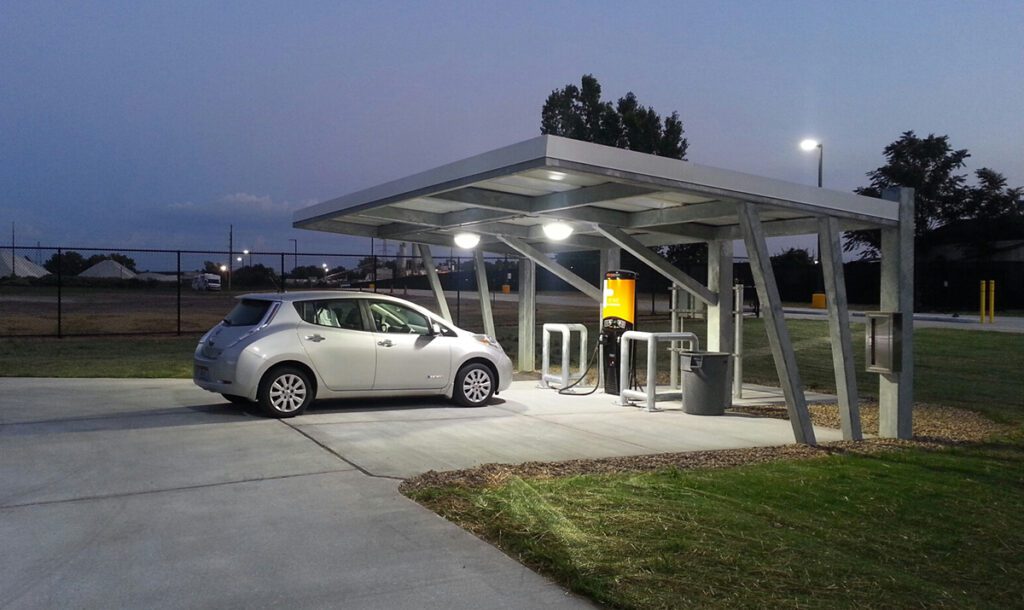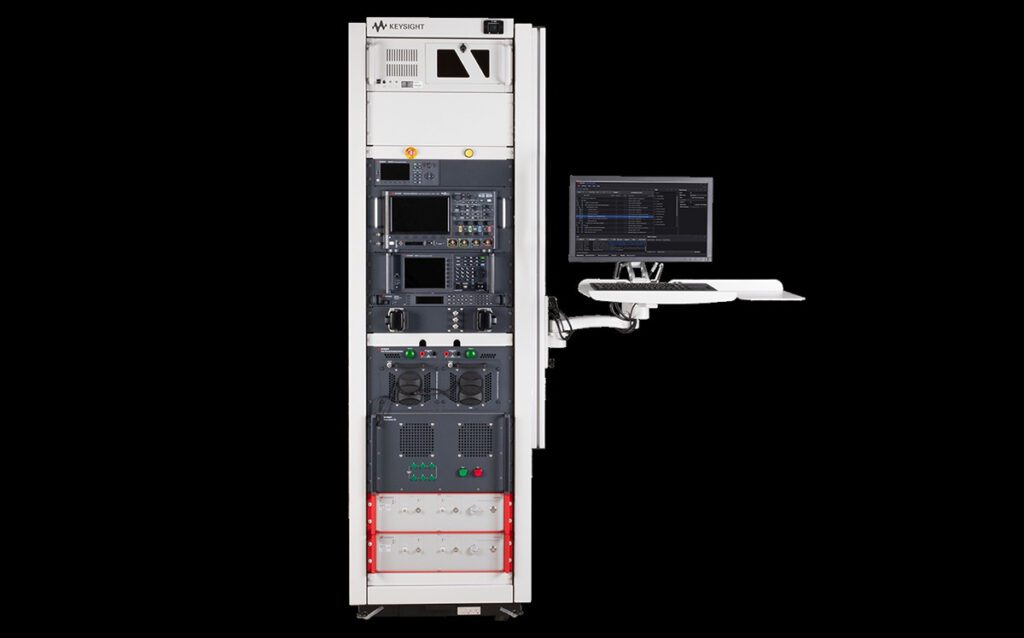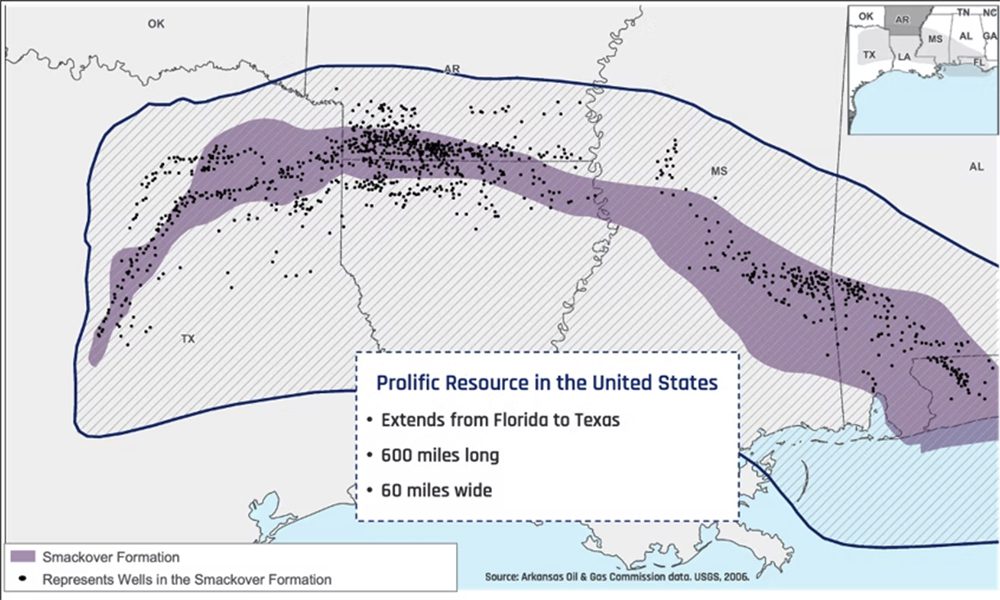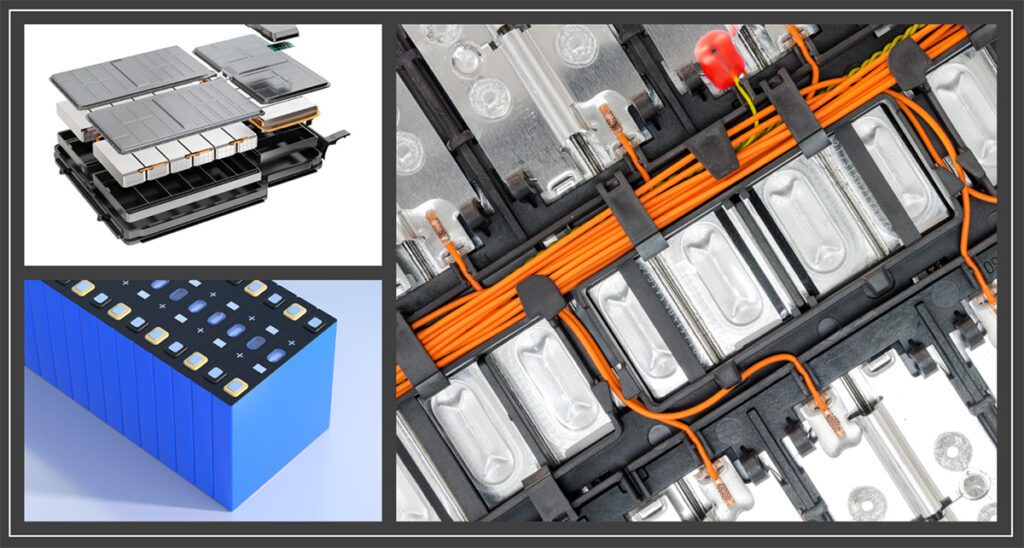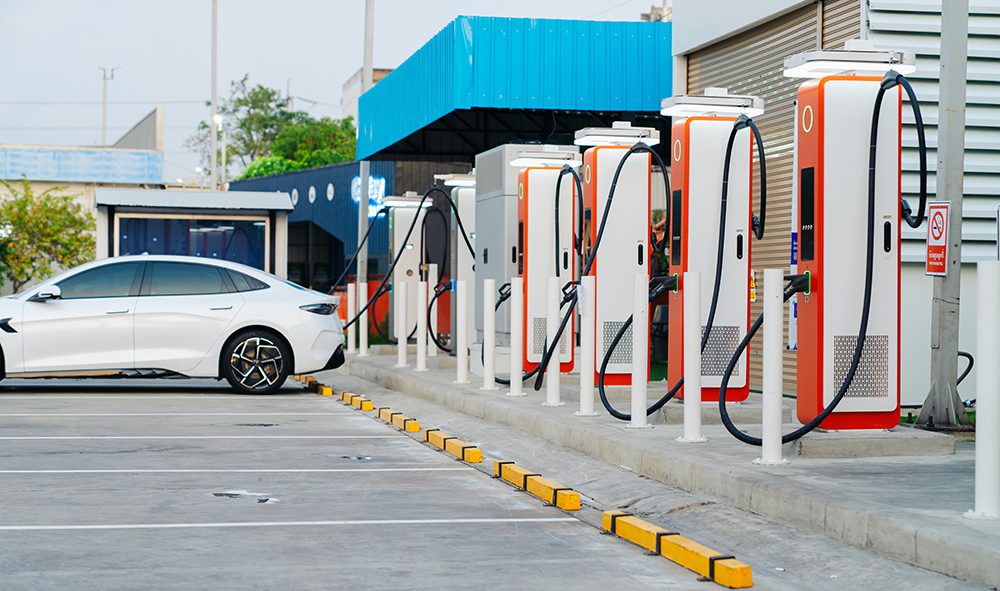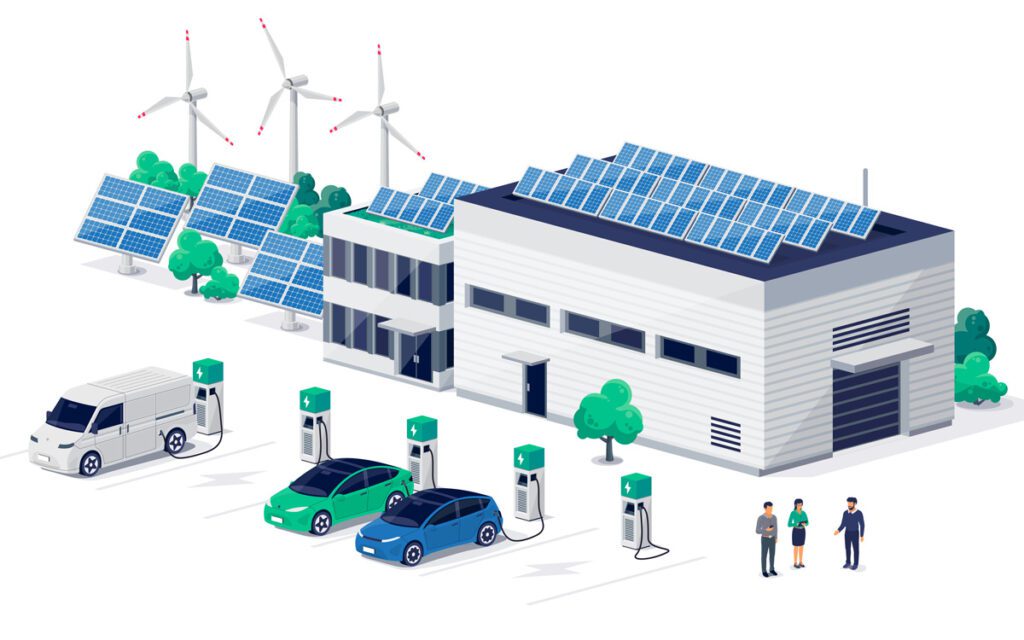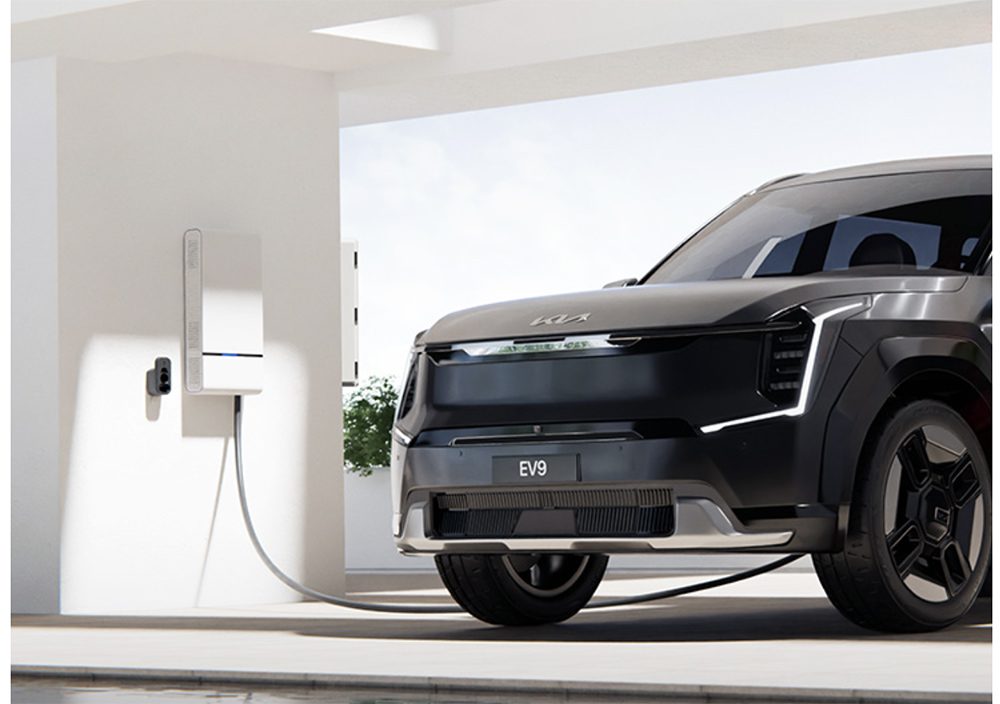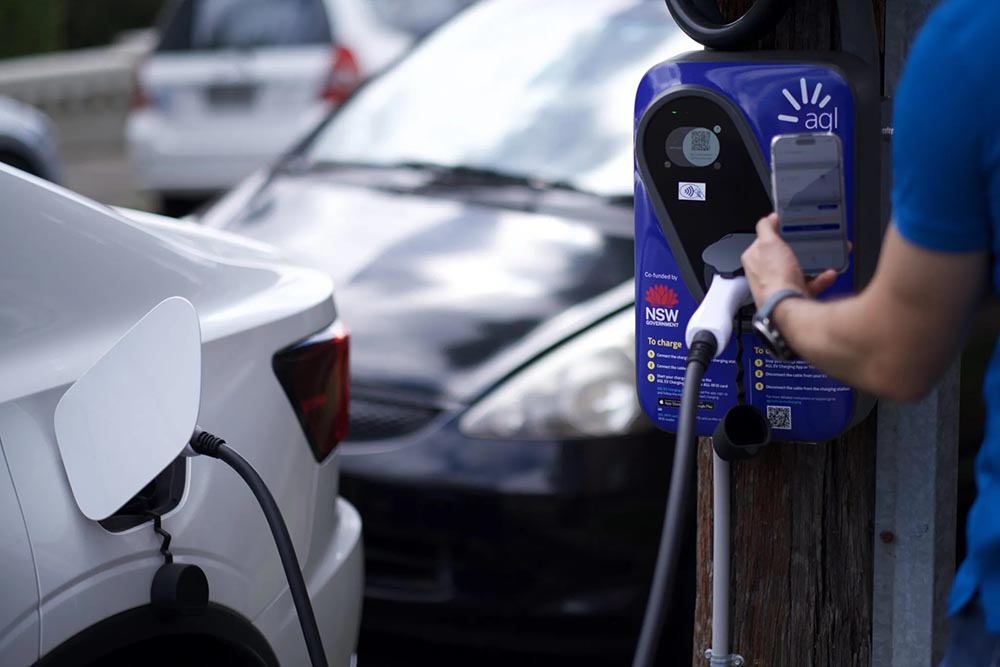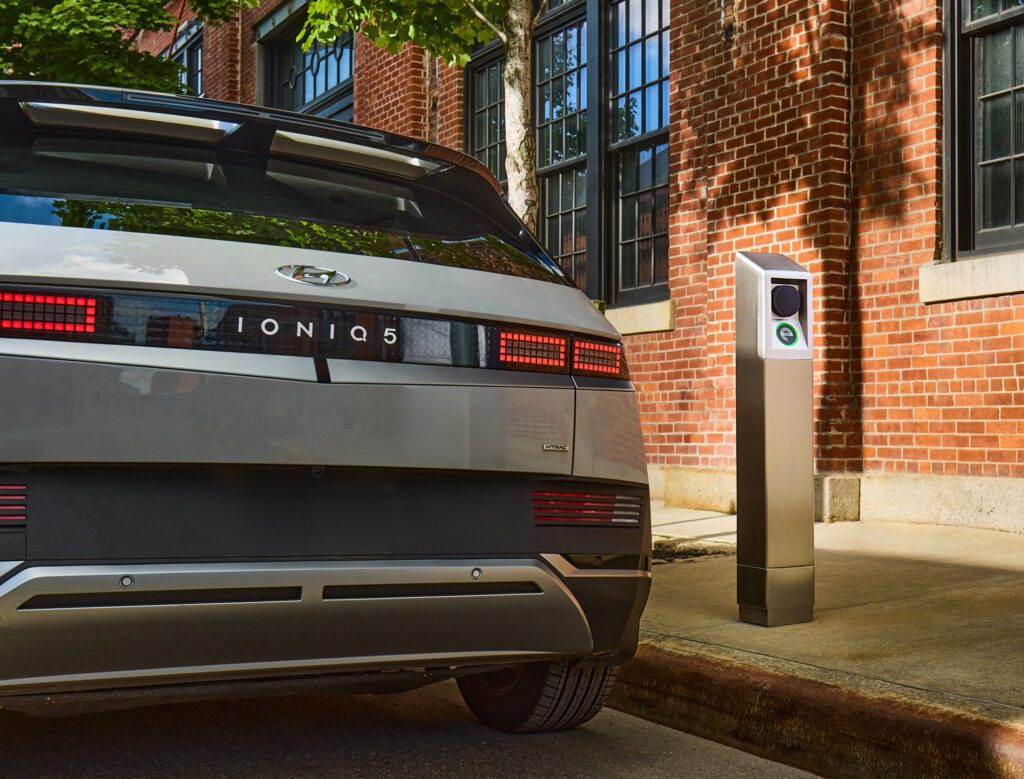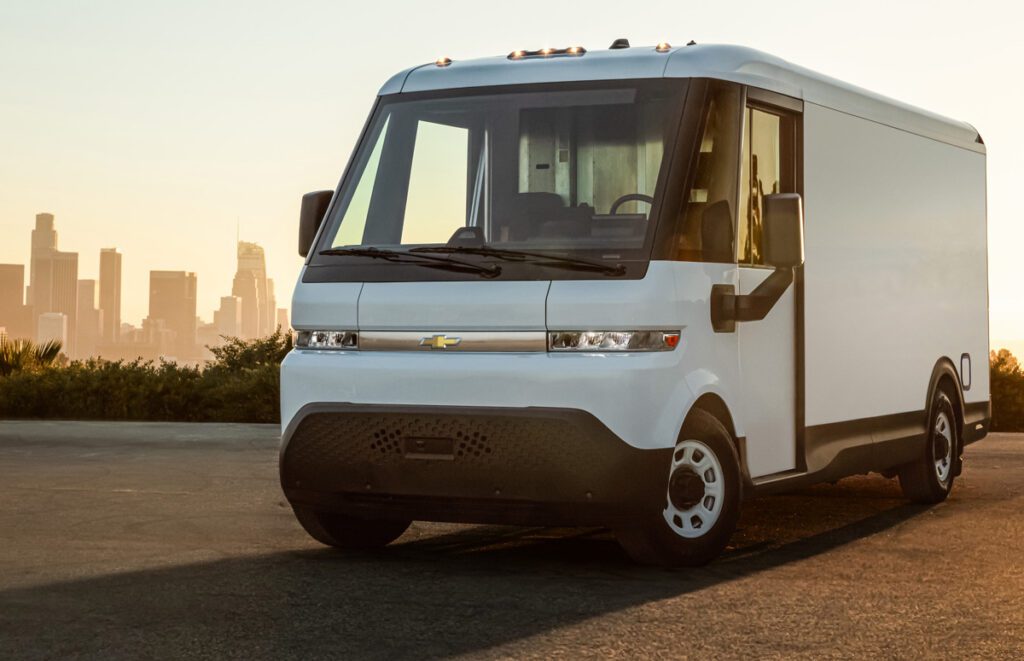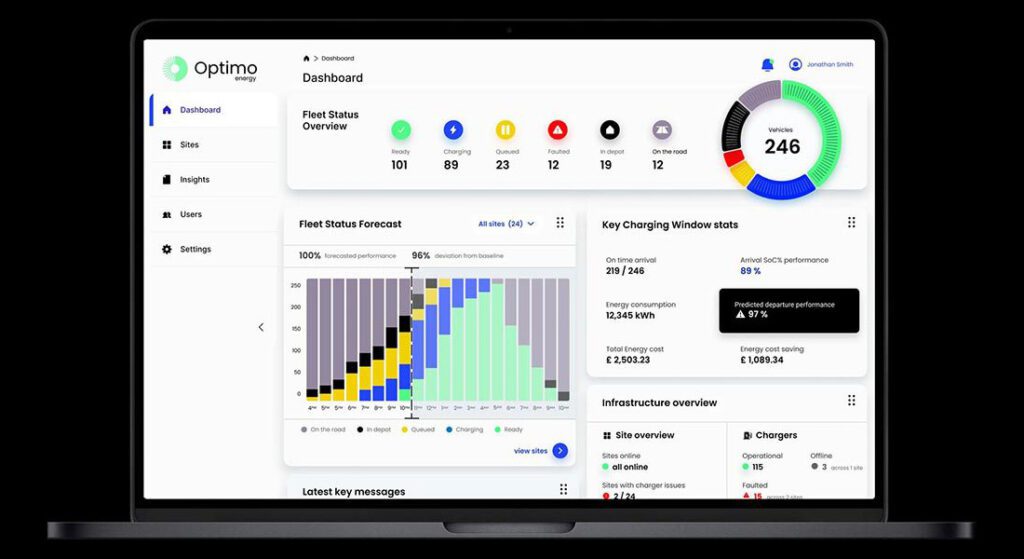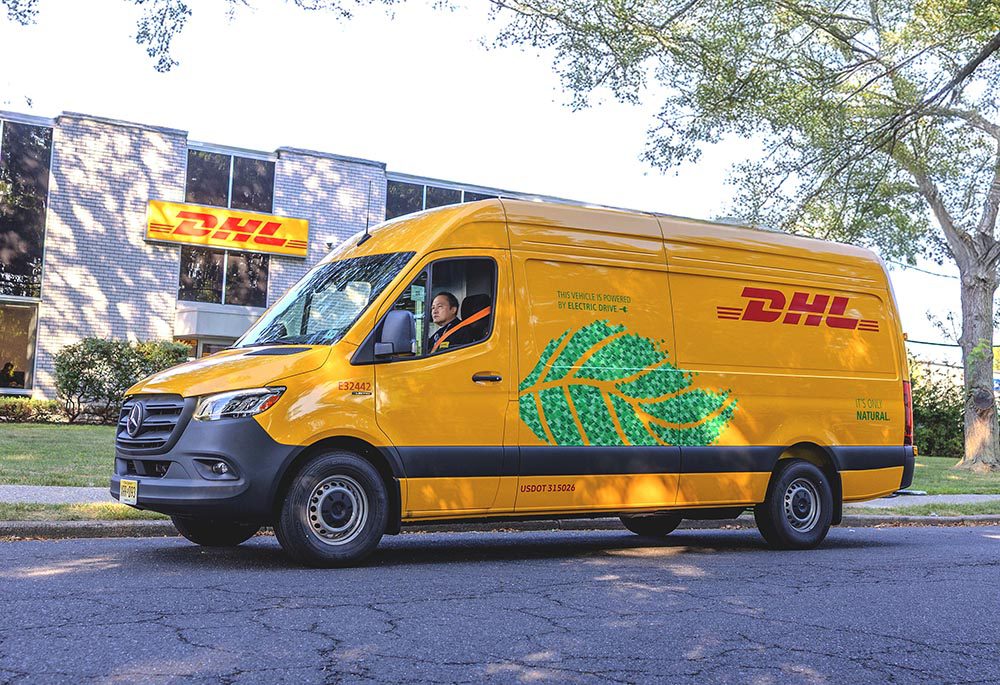Yes, the war between Tesla and the powerful auto dealers’ groups is still going on—the US is currently a patchwork in which some states allow Tesla to sell cars directly to consumers, some prohibit it, and some have reached some sort of compromise. (To be clear, one can buy a Tesla in any state by ordering it online—the main issue is whether Tesla can sell vehicles at physical showroom locations.)
The latest skirmish is in New York, where Tesla is launching a new campaign to convince the governor and legislature to expand direct sales. The company is using its Tesla Engage platform to mobilize local owners’ clubs and other supporters to contact their elected representatives and make Tesla’s case.
New York is one of the states that have opted for an awkward compromise. In 2014, the state changed its laws to allow Tesla to open five stores. As the company’s sales have grown, those five are hardly sufficient, and Tesla has tried to persuade lawmakers to allow it to open more, so far without success.
“New York State has adopted the strongest climate law in the country, yet it is 23rd in electric vehicle adoption per capita and lags far behind states like California, Colorado, Florida, and Massachusetts that are leading in EV adoption,” says Tesla. “Florida allows direct sales without restriction and has over 50% more electric vehicle registrations per capita than New York simply because it is easier to buy an electric vehicle there. This has to change.
“Allowing Tesla to grow and other manufactures of electric vehicles to sell directly to consumers in the state will give New Yorkers the freedom to purchase whichever electric vehicle they choose without having to leave the state or travel hundreds of miles. It will also encourage these innovative EV companies to bring jobs and revenue to New York.”
Electrek’s Fred Lambert notes that the war may soon enter a new phase, as new EV-makers such as Rivian and Lucid join the fray. Like Tesla, they have never had any interest in the antiquated dealership model, and state governments are keen to attract their new manufacturing plants.




